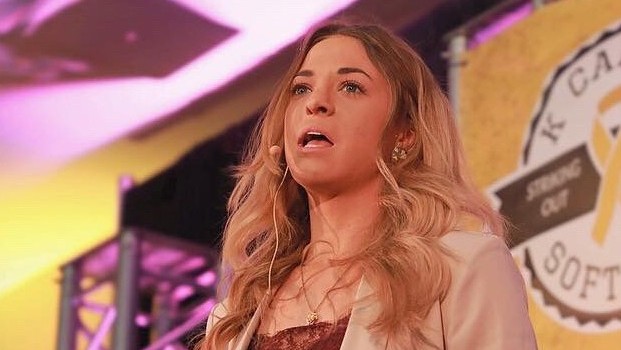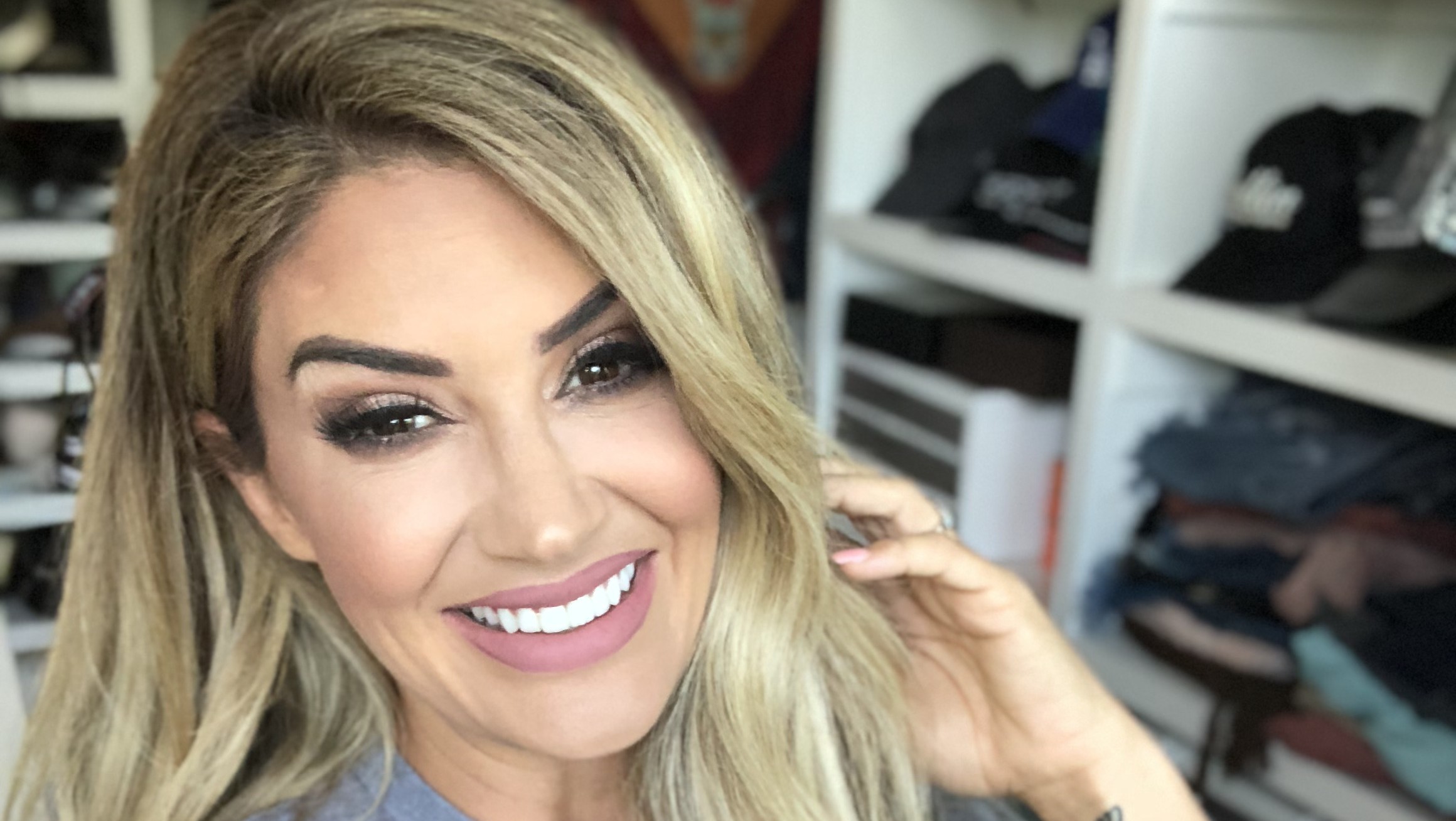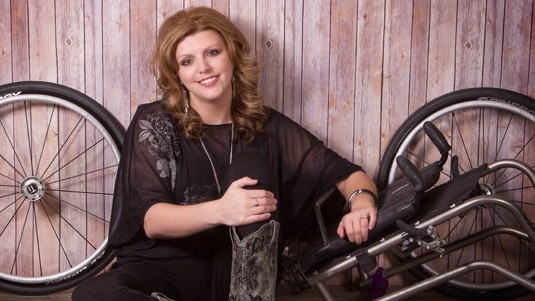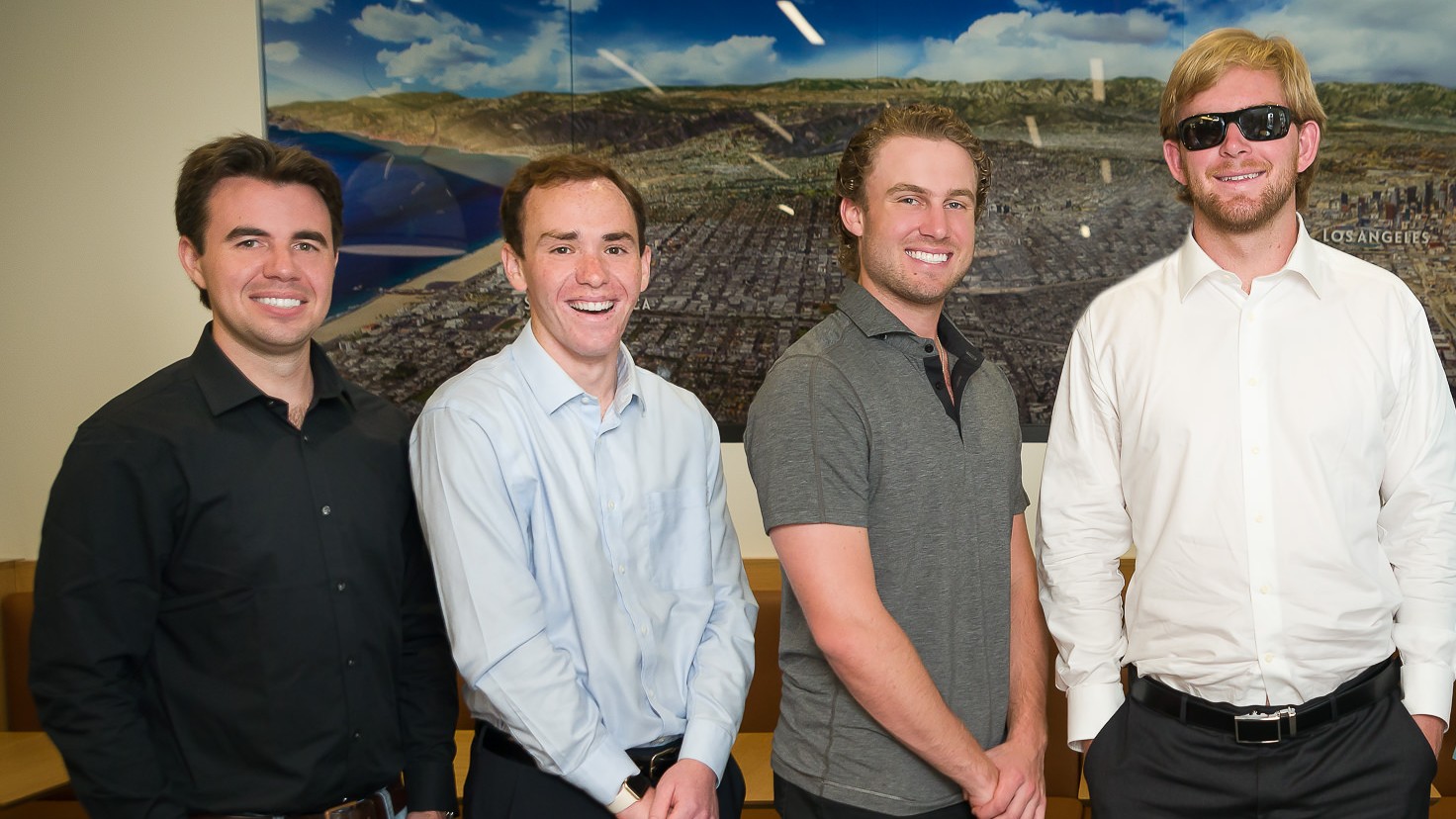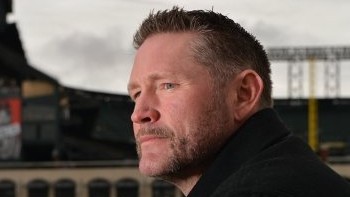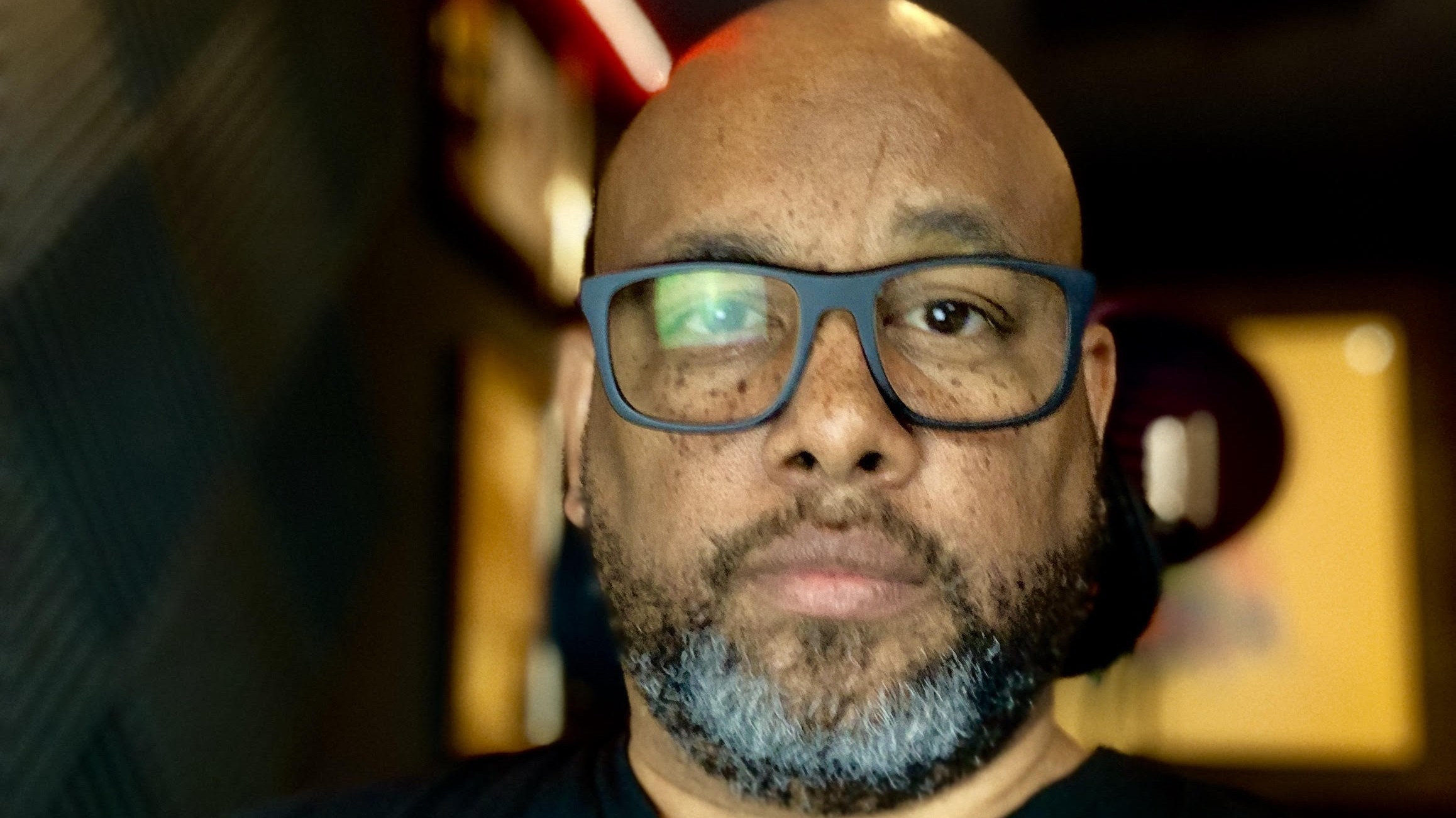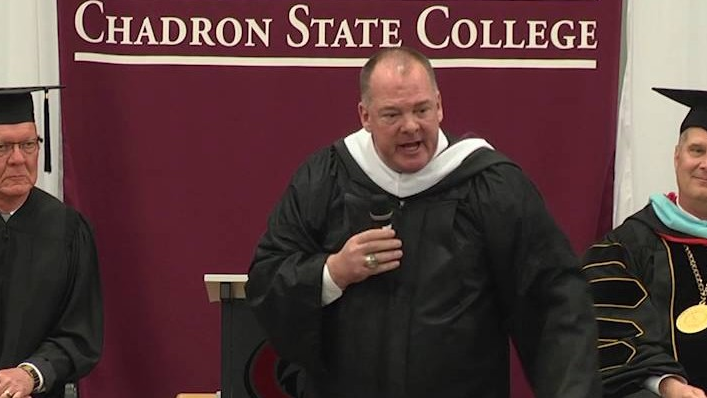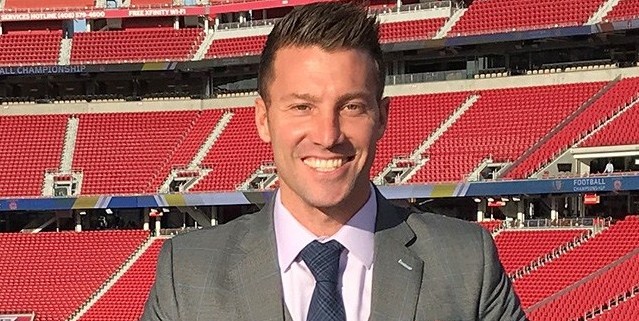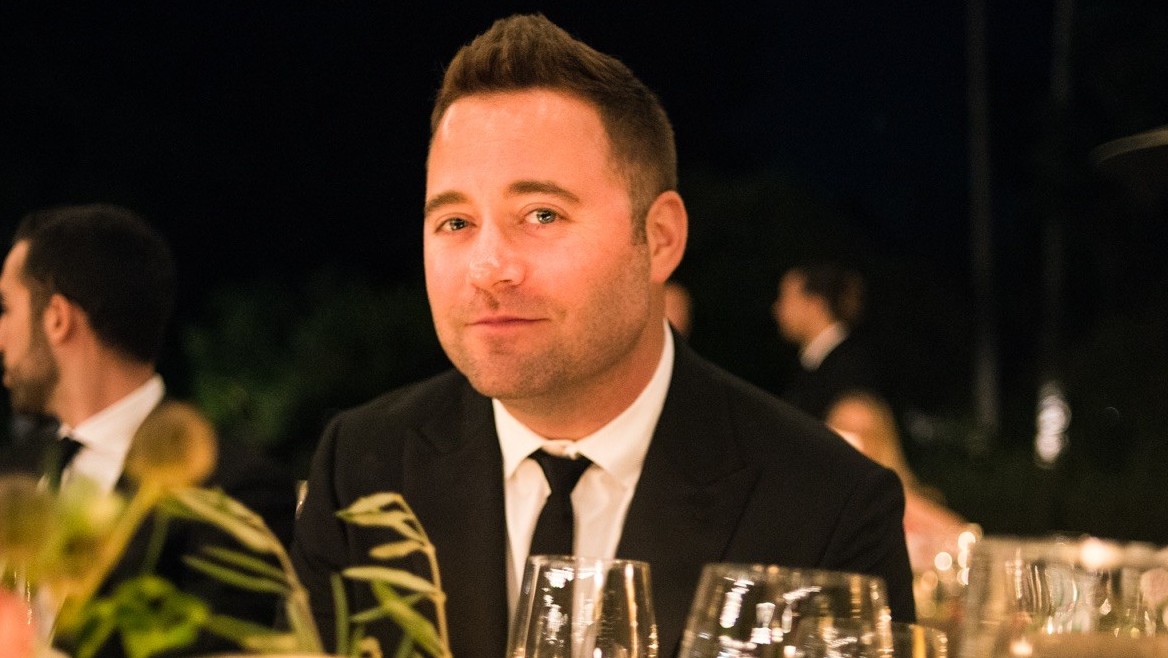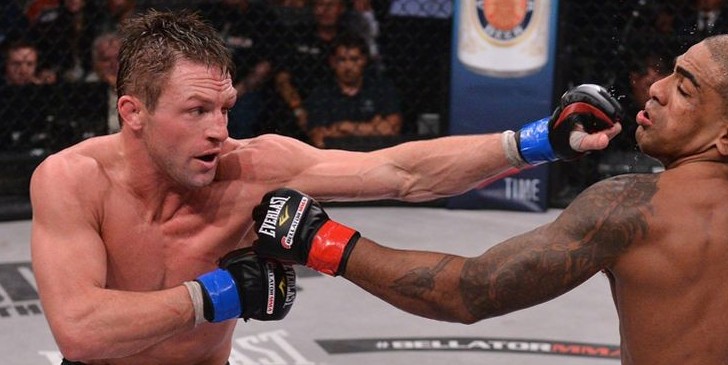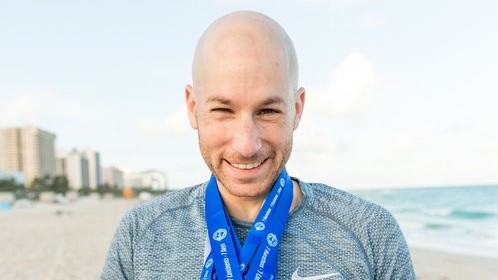
Episode 2 - Dyslexia = Superpower - Jared Blank
- By Brendan Egan
- Feb 04, 2019
On episode 2 of Let's Engage, Jake Olson and Brendan Egan interview Jared Blank about overcoming dyslexia and running on 7 continents in 7 days for over 183 miles. Listen in and book Jared for speaking engagements or experiences on Engage.
--
Transcription:
Jake Olson: Well hello. Welcome to episode two of Let's Engage. I'm your host Jake Olson, here along with my co-host Brendan Egan. We also have our producer and technician in the building with Daniel Hennes. We are really excited to bring you a guest that has been a close friend of mine for my college career. He really was the first call I got from USC football that welcomed me into the program coming into SC. He was the head of football operations at the time, Jared Blank. Jared thank you so much for joining us today.
Jared Blank: Thanks for having me. Definitely a pleasure to be on your podcast Jake.
JO: Yeah of course Jared. We appreciate it. So I guess my first question is this Jared: you come from Washington with Coach Sark to SC right?
JB: Yes that's correct.
JO: And, you know, you grew up a football fan. Now I just feel like allegiances would start to kind of get blurred. Lines get blurred. They get mixed. Like who do you root for?
JB: Well you know I always back the Pac, right now Jake. Haha. You got to back the Pac-12. Well for sure that comes first.
JO: OK. Right.
JB: And then you've got to root for student athlete whose program you're a part of. At the current moment. I think that's important.
JO: Okay. But now that you're out of that role, who do you root for?
JB: I back the PAC.
JO: How many times am I gonna ask this question till I get just the word “Trojans” out of you?
JB: You know I am a Pac-12 guy.
JO: Oh my god.
JB: I root for Yogi Roth and the Pac-12.
Brendan Egan: He sounds like a politician right Jake.
JO: Pretty much, hahahaha. All right Jared. So tell us. OK. So you grow up...
JB: Jake. I'm a Jake Olson fan. I’m always repping 61.
JO: I like that. I like that a lot. I like that. I'll take that.
JB: By the way, that was one of my favorite moments working. Was the interaction with you and giving you that call like that. I don't know that, you get very few selected moments. I think in working in sports and that definitely goes down as one.
JO: I appreciate you. I have to be completely candid. I didn't have any understanding of really what it was supposed to be like going to SC on the football team. I remember I think, I don’t know if you remember this but I think I asked you if I needed to bring my own cleats or something. And you said, “no, we got those up here.”
JB: I do remember that. Yes we do provide cleats. The programs I worked at, we did provide the cleats to the athletes.
JO: That's good. That's good. We'll take them while we can I guess. So how do how do you become part of a collegiate program in operations? I mean that seems kind of like a specific job. You know, you didn't play college football yourself. So how do you kind of get that heart for the student athlete to come in and run a program?
JB: Definitely. So I actually I started in athletic medicine. I was a student intern. I was kind of trying to figure out what career path I was looking at in college and was taking some kinesiology classes and was learning about athletic training. And didn't have a direction, but I knew I wanted to do something and sports early on. Even before I attended college. And through those internships I kind of figured out what I liked and luckily a position opened up in Coach Carroll's administration two days after I graduated. And began working for USC football.
JO: That's awesome. That is awesome. And so you graduated in what at USC?
JB: I ended up studying Communication.
JO: Communication. So now you have two masters yes?
JB: Yes, I got a Communication Management degree from USC while I was working on staff there. And then when I was up at Washington I got my Master's in Business Administration from Seattle Pacific University.
JO: We'll talk about that a little later, about just how much of a feat that really is. You know with being that you having dyslexia and everything. And what we'll talk about that later. But just one more question kind of with football. I've always kind of wondered Jared you know, what was the most rewarding thing? Because I remember, you know, calling you every night, wanting to eat dinner with you. And obviously you are a really cool guy and everything, but what's the most rewarding part about football operations? Just given that you're working around a bunch of student athletes who are just, you know, swamped with school and are trying to play football, and obviously are 18 to 21 or 22 year olds who are still trying to find kind of their footing in life. Like what's the most rewarding for you working with kids like that?
JB: Well besides watching Cubs game with you on TV while you're eating dinner, I think the real rewarding thing is you're around young people that have dreams. And that have ambition and being able to play even the smallest role in supporting those endeavors on any level. I think that's the most rewarding thing.
JO: Yeah.
JB: And you know I look at the student athletes. Student athletes, the job title but it's really who they are as people and connecting with that person and reminding them that they're a human being first and the student athlete is just the title that they have at the current moment.
JO: Yeah. Well you certainly learned a thing or two if you didn't have it in yourself already about falling dreams and ambitions. The coolest thing about Jared Blank is that he actually left USC football operations to chase his, I guess, a long waiting dream of becoming a professional runner. And run he has. Jared do you keep track of your miles like a car like car speedometer does? Or what. Like do you have something, a general average of the miles you've run in the last ten years?
JB: I'm going to give you one correction. I definitely don't classify myself as professional, but I appreciate that. I appreciate the compliment. Definitely an amateur endeavor, but actually this last year was the first year that I tracked all my miles. And I reached a goal of three thousand plus. So that was pretty exciting for me.
JO: So across the continental US.
JB: Yeah exactly. From like about L.A. to New York or Portland to Boston area I guess.
JO: Run Jared run. I mean oh my goodness. I cannot even imagine that and I don't know what amateur is running some of these events you do. Tell us. I mean I don't even know. What is it, the World Marathon Challenge?
JB: Yeah, the World Marathon Challenge.
JO: I don't know, like that is not amateurism right there. I mean if amateurs tried that they’d die.
JB: Well it was a special event. I mean I'd followed that through the first year that they did it. And I saw the event on ESPN and I told my family I wanted to run it.
JO: First explain to the listeners what it is, and then tell us about that journey.
JB: Definitely. So the World Marathon Challenge is seven marathons in seven days on seven continents. And so it's 183 miles over the course of a week, which is 168 hours. So the endeavor starts in Antarctica. And what they do is they wait till they know that plane can take off. And then they started one hundred and sixty eight hour clock.
JO: Oh my gosh. So in Antarctica you're running in what temperature?
JB: So I believe it was -5 Celsius which is like 20 degrees Fahrenheit. And it's an interesting course because you're doing 10k loops and in part of the course you're like in direct sunlight going on a slight incline. And then as you turn the corner you have a headwind. You're going on a decline, but you have a headwind so you're still getting resistance. And at that point it's really cold. And then I don't know, have you ever played Mario Kart?
JO: Yes.
JB: You know the like the ice-blue patches that you would see on the ground during the ice races?
JO: Yeah, that you couldn’t hit or you’d be frozen.
JB: Yeah. Or that you'd at least like spin out there. Yeah definitely those on the course.
B: Jared, what do you guys do in Antarctica to stay warm in that? I know the Houston Marathon was just last week and it was historically cold. I saw just one of the runners that I follow on Instagram, Tommy Rivs. He had hypothermia. He dropped during the race. His body temp was 91 degrees. I mean what do you do to stay warm in those conditions? How do you deal with it physically and mentally?
JB: Well, the lucky thing is where we were at there's these bunkers that we can kind of hang out in before the race started. Which was helpful to like actually have warmth in an enclosed environment. But once you get going,yeah. That's a real tricky part about it because if you start sweating and you know the sweat evaporates, you do get cold. So it was one of the challenges. Luckily I had some pretty good gear. I had these Tabio socks that I wore and that kept my feet warm. So I really just tried to keep the feet and hands warm while while running.
JO: Okay, so then you know you have South America, North America, Australia, Asia, Europe. So could you just list off the places you ran and kind of like where you were, in jungles or like urban areas or?
JB: It was mostly road. Road or boardwalk type locations. So we started in Nova, Antarctica and then we went to Cape Town, South Africa then hit Perth, Australia. Dubai, Lisbon in Portugal, and then we flew to Cartagena, South America. That was Colombia and then we finished in Miami, Florida.
JO: So like the last mile in Miami, like I remember seeing some posts on Facebook about which were how like your body was literally just like trying to give up.
JB: Yeah. The body was trying to give up. The mind kept wanting to go and it was one of those moments where you like almost didn't want it to end. I remember being a half mile out and I was like “OK it's gonna be cool to finish but at the same time I'm not ready for it all to be done.” So it was that definitely that personal battle that I had inside of me, because I love running and I loved competing and once you hit that finish line you know the endeavor is over.
JO: So how long did it take for you to run again after seven marathons in seven days? 24 hours and you're on a treadmill again or what?
JB: Well I actually incurred an injury in this competition. And so it took about ten days after the last race for me to be able to run again. I had done something to my IT band in the third race at mile 22 in Perth, Australia to where my left side was all locked up. I didn't really have a rotation.
JO: So how the hell do you run four more races?
JB: Well, so I hobbled back to, you know, I hobbled on it for the four miles to finish the race in Perth. And then I had been doing various rehab and icing and hot treatments just to get the leg to loosen up, but it would be really unstable. I was able to run to like mile 23 or mile 22 at some points and then I would lock up again and then I would just have to like find a way to hobble through it. And then in Miami, I learned that I can just plant the leg and run on it which is pretty painful. But once I figured it out, I could kind of navigate it a little bit better.
JO: Oh my Lord. So would you say that's the hardest competition/race you've been a part of? Or what was the hardest you've been a part of?
JB: So it's definitely up there. I did my first hundred mile race in Tahoe this summer. Which had altitude and heat issues. And it ended up taking me 31 hours to complete. 31 hours plus to complete that and that was a really challenging event as well. So I think between those two, they're definitely probably the two toughest that I've done so far.
JO: So what's your mindset like when you're running all this time? I mean obviously you have a lot of time to yourself and kind of just roll through thoughts. Like what goes through your mind you know from mile 10 to mile 20?
JB: You know it's really at that point is the most fun for me. Because you have all the time leading up to a competition where you've got to think about logistics and planning and all that stuff. But once you're in it, to me that's the point where OK I've towed up and I'm in this thing. And then it's just reminding myself how much I enjoy it. And then to continue on in the process. No matter what happens.
JO: Is that kind of your philosophy and mindset then? That comes in life because you know it's really cool that Jared has dyslexia and is running, you know, in many of his cases are to raise awareness and funds for dyslexia. So you know Jared like throughout school, throughout races, I mean you know obviously you and I both know how much it is you know to overcome adversity. And that kind of mindset you have to make the decision to just continue to run continue to push through, you know, pain or struggles that come with whatever life throws at you. So I mean what's that mindset for you?
JB: No I think definitely and I mean, I think it becomes more mental at that point than it does physical. And to really endure what's going on and accept what's going on. And then to find a way out of it or to find a way to compete in it is the next step. And I think the two, for me, have always been applicable. Between endurance running and dealing with dyslexia, I mean one of the ways I dealt with dyslexia was I would put on my shoes and literally run out the door when I was younger. For however long I could run. And at that point it was like maybe two to four miles and then through doing that I learned that I really actually had a passion for running. And once I learned that it was enjoyable and fun and a place to explore, those miles became longer and longer.
B: Jared, I was doing my research and one of the things that gave me goosebumps was I was looking at your website and there's a quote on here it says, at age 12, which is as most of our listeners know, age 12 was a big age for Jake. That's when he lost his sight. At age twelve for you there’s a quote on here it says, from your teachers told you quote “you probably won't graduate high school” and the next thing on your website says that you graduated as Class President and at the top of your class. Went to USC and as Jake mentioned earlier you went on and earned your degree from USC and then two Master's degrees. What was it like growing up with that? What were some of the, you know with any sort of debilitating illness or disease or anything that holds you back there's pros and cons to it. What were some of the pros and cons? And what helped you keep driving forward in life?
JB: Yeah, it's an interesting parallel to and with Jake's story as well. Definitely a different level. When I got that feedback, you know like it's probably going to, you know, I'm probably not going to graduate or don't expect higher than C average. I think it developed this chip on my shoulder. And through high school I carried that weight because there was always that uncertainty of like what am I going to go farther than high school? What's going to happen next? And I think that contributed to the work ethic of my high school experience and having that in the back of my mind. And I remember after freshman year, I had decent grades and the person that leads the resource room came up to me and she's like “so have you thought about what colleges you might want to go to?” And I didn't even think that was possible. And so all I could list was the schools that I've seen in the NCAA tournament because that's the only type of school that I was following at that time in my life. So I really think it was a catalyst for wanting to essentially prove that I was capable of doing more than what was said on paper.
BE: Awesome. At what point did you decide, so did you apply to schools other than USC? Or was USC always your number one pick? I think we've come full circle by the way, Jared. I think we've gone from Pac-12 to you saying that USC is your favorite school.
JB: All I’m gonna say is that I back and Pac and I'll always wear 61. That Jake Olson wore that number. Where USC came into play and was really interesting was my oldest brother went to SC, really because he wanted to study business. And it was a great business school.
JO: It's in the blood.
JB: That was in the blood. My middle brother went there. I think he saw the experiences that my oldest was having. And I really wanted to SC because I said “if those two guys could do it so can I.” And it was really a proving ground for me. And I don't know if that, again, I don't know if that's a positive or negative but it's the reason I chose it. In part because I want to work in sports, you know in the L.A. environment. So I knew that. But the other real part of it was I wanted to prove it.
JO: So Jared,so now obviously you're doing a lot of this kind of motivational running. And again you're doing it for a cause which is just amazing. You know what's kind of next man? You continue to run, you want to get kind of into speaking and start really making an impact in a lot of kids that were again in your situation when you were their age.
JB: Well definitely one I keep exploring ways to support the community. I recognized how fortunate I was to have the support resources to engage in school and go on to college and want to be a resource for the students that are going through some of the challenges that I dealt with going forward. So I definitely want to be an advocate to that community and keep running. And then and really one of the next things on my list Jake, is to run a mile with you.
JO: Yeah I know Jared. Jared has been wanting me to run various races with him. I got down, got him to step down from a marathon kind of to a 5k. Now I'm starting at mile. So Jared I'm working on it. I actually ran a mile on a treadmill. You know, and I'm not going to mention the time, on Saturday but I'm working on Jared. I'm working on it. Look, running is one of the toughest things out there in my opinion. It does take a lot of mental toughness and strength. You know that's why I think, you know, for you to listen out there for your school or for any sales team and get out there get some fitness going. And learn from Jared, learn from me. I know he doesn’t want to call himself a pro but he’ll show you how what it takes to get out there. And what it takes to overcome someone telling you that you're not good enough. And you know that your body's saying sometimes you can't do it, but you're gonna push through anyway. That it's all about that mindset Jared. So, we appreciate you teaching us that today.
JB: Definitely I mean it's really about that, I'm proud of you for getting out there on a t

